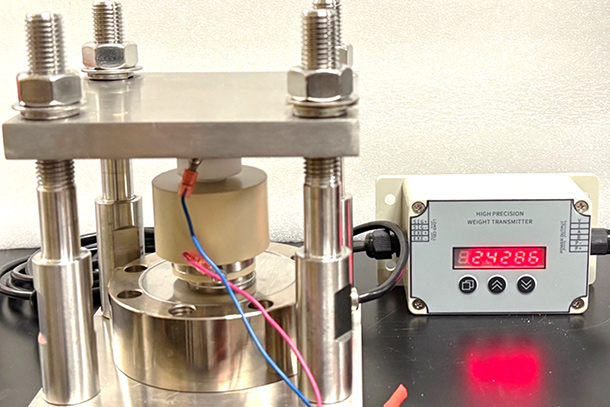North Dakota Students' UAV Soars to First Place at 2014 Design Competition Finals
North Dakota Students' UAV Soars to First Place at 2014 Design Competition Finals

A four-member team of students from the University of North Dakota guided the radio-controlled drone prototype it designed and built to victory during the final round of the 2014 ASME Student Design Competition (SDC), besting the 17 other teams competing at the event, which was held Nov. 16 during the Society's International Mechanical Engineering Congress and Exposition in Montreal, Canada.
The final round of the SDC at Congress was a truly international competition, with fully half of the teams hailing from countries other than the United States. In addition to teams representing nine U.S. universities, teams also traveled from France, the United Arab Emirates, Mexico, Saudi Arabia, India, Taiwan, Pakistan, Turkey and Hong Kong to take part in the SDC finals.
For this year’s Student Design Competition challenge, the engineering students were tasked with designing and building prototypes of small unmanned air vehicles (UAVs) that could complete a simulated fire-fighting mission by navigating through two stationary gates, dropping a payload on a target, and returning to its starting point. Extra points were awarded based on the size of the vehicle. Therefore, the heavier the prototype, the higher the team’s score.

By the end of the event, the team from University of North Dakota, which had the heaviest entry in the contest, had emerged as the overall winner. North Dakota's UAV, an enormous vehicle constructed of aluminum and steel that weighed in at more than 78 pounds, "took quite a bit of time from start to finish" to build, according to team member Scott McDaniel of Darlington, Wis., who added that team had still been conducting flight testing a week prior to the finals.
“We were really excited to hear our name called,” McDaniel said after his team was announced the winner of the finals. “I don’t think any of us were completely expecting it.” McDaniel and the rest of his team — Daniel Smith, Aric Glaser and Alexander Heyd — won the $3,000 top prize, while their student section at the University of North Dakota will receive $1,000.

The team from California Polytechnic State University, San Luis Obispo, placed second in the competition with its entry, a 25-pound UAV constructed of aluminum, PVC piping, steel and foam. Eric Dreischerf, team member and spokesman for the Cal Poly team, acknowledged that "the biggest advantage for teams was building the heaviest craft possible as that added the most points," he said. "So a lot of the designs are very big, and we tried to really take advantage of that." Dreischerf, a sophomore from Chesterton, Ind., and his eight teammates will receive the second-place prize of $1,000. The team's student section will receive $500.

The $500 third prize went to the team from North Carolina State University. Warren Weisler, a team member and graduate student from Raleigh, N.C., described the event as “the type of competition where you’re seeing designs that are not standard, or for normal applications. It’s very exciting to see, ‘Okay, how are they going to solve this problem? How did this team do it? What worked? What didn’t?’”

ASME President J. Robert Sims was similarly impressed by the efforts put forth by the competing students. "From looking at the exhibits and talking to the students, their dedication and expertise is just amazing," he said. "These folks are going to do well in the future in engineering. It's just a very impressive group — all of them. Whether they're winners or not in the finals, they are incredible individuals."
To watch a video featuring highlights of the day’s events at the 2014 ASME Student Design Competition finals, visit www.asme.org/career-education/media/student-competitions/video-may-best-drone-win.




